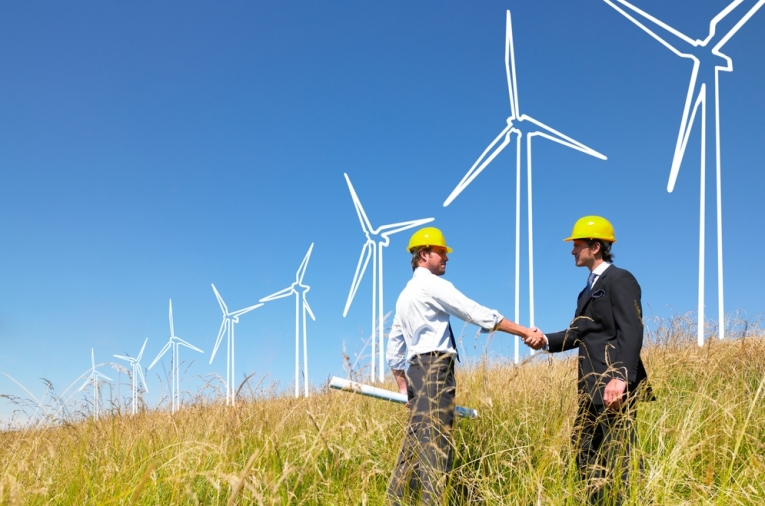11 Dec 2024

Tired Earth
By The Editorial Board

Global investments in renewable power dropped the most on record in 2016 as demand in China and Japan faltered.
Worldwide spending on clean energy fell 18 percent from 2015’s record high to $287.5 billion, according to a report Thursday by Bloomberg New Energy Finance. It was the first decline since 2013 and comes as environmental policies face pressure from populist movements that have fueled the rise of Donald Trump, the U.K. Independence Party and others.
Even as spending ebbs, the amount of wind and solar energy connected to power grids around the world continues to surge, gaining 19 percent in 2016, according to New Energy Finance. That’s in part because investors are getting more bang for their buck as competition and technological advances have dramatically reduced prices for photovoltaic panels and wind turbines.
“At the end of the day, investments in renewables are still outpacing conventional energy by two to one,” Michael Liebreich, founder of New Energy Finance, said in an interview. “But from a climate perspective, there is reason for concern over any slowdown.”

The decline comes as nations worldwide begin to implement policies established under the Paris accord to reduce greenhouse gases and stave off catastrophic flooding, drought and other extreme weather patterns linked to climate change. The total spending on clean energy in 2016 is more than 40 percent below the $484 billion in annual investments New Energy Finances estimates is necessary to displace enough fossil fuel plants and accomplish those goals.
Spending in China tumbled 26 percent to $87.8 billion from an all-time high in 2015. The slump comes as China’s electricity demand stagnates and the government reduces subsides for wind and solar power, lowering demand in a market accounting for about one-third of all global clean energy spending.
“China is really the driver of clean energy investment,” Abraham Louw, a New Energy Finance analyst, said in an interview. Spending in Japan slumped 43 percent to $22.8 billion.
.png)
One bright spot was offshore wind, which drew a record $29.9 billion, up 40 percent from 2015. That included Dong Energy A/S’s $5.7 billion, 1.2-gigawatt Hornsea project off the U.K., which will be the largest offshore wind farm on Earth. Investors are also backing 14 other 100-megawatt-plus developments in the U.K., Germany, Belgium, Denmark and China, that are budgeted at $390 million to $3.9 billion each.
.png)
Spending in the U.S. fell 7 percent, to $58.6 billion, as developers slowed their ambitious building pace after lawmakers extended in late 2015 tax breaks for wind and solar projects. Investments in Europe rose 3 percent, thanks in part to the $1.3 billion Fosen wind farm in Norway.
Aside from lower prices, another reason for the discrepancy between declining investments and rising installations is timing. Some projects built in 2016 were financed during 2015, according to New Energy Finance editor Angus McCrone.
Developers are forecast to build a record 134 gigawatts of wind and solar in 2017, as rising demand in India, the Middle East and South American offsets the slowdown in China, according to New Energy Finance. Yet competition is expected to continue driving down prices. While BNEF hasn’t completed its 2017 forecast, McCrone said investments this year appear likely to be on par with 2016 levels.
Source:bloomberg.com
Comment